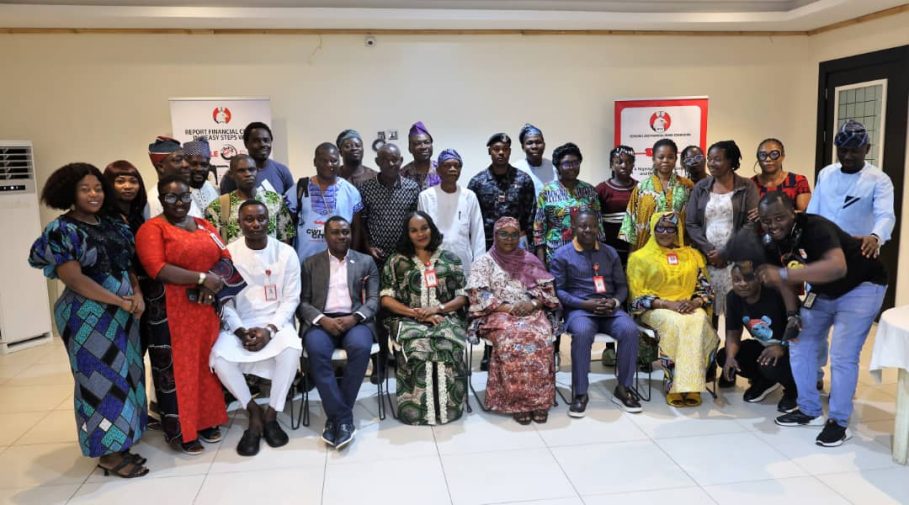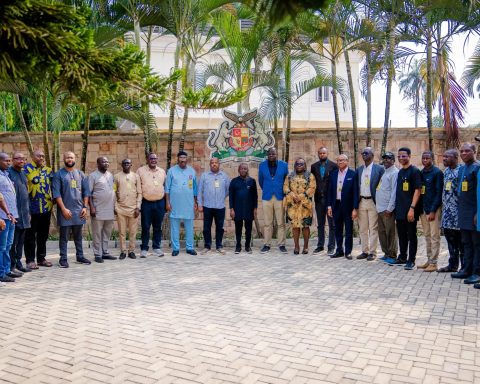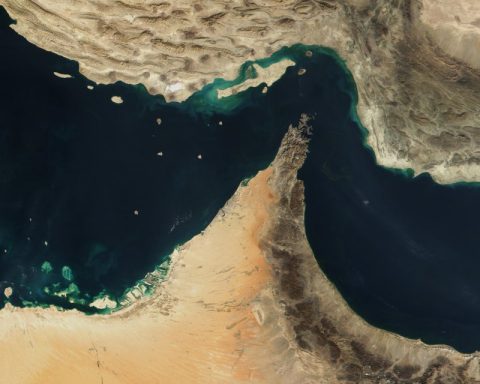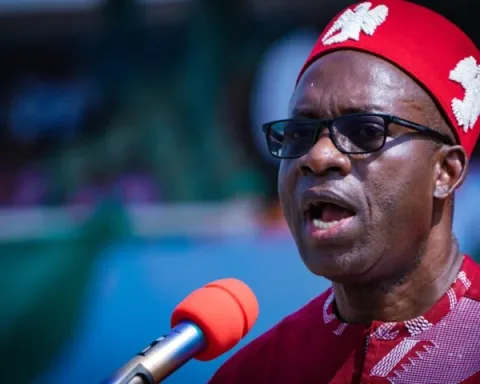Following the outrage over the recent presidential pardon granted some victims by President Bola Tinubu, Germany, Australia, and Avocats Sans Frontières (ASF) France (Lawyers without Borders), have called for urgent action against death sentence in Nigeria.
The German Ambassador to Nigeria, Annett Günther, reiterated Germany’s unwavering commitment to the global movement against the death penalty. “We think that the death penalty is not only a legal matter, but it touches on core values of justice, human dignity and the right to life,” she said. “The irreversible nature of the death penalty means that mistakes and wrongful convictions are beyond correction.”
Günther urged the Nigerian government to take further steps towards the abolition of the practice. “Germany abolished the death penalty more than 70 years ago, and we continue to advocate globally for its complete eradication,” she said.
Join our WhatsApp ChannelMr Neil Sanderson, Chargé d’Affaires of the Australian High Commission, also emphasized his government’s unwavering stance. “Australia’s position is clear, we oppose the death penalty in all circumstances and continue to call for its global abolition,” he said. “It is a cruel, inhumane and ineffective punishment that undermines human dignity and justice.”
READ ALSO:
Angela Uzoma-Iwuchukwu, the Country Director, ASF France in Nigeria, said the World Day Against the Death Penalty serves as a reminder that justice must never come at the cost of human life. “It is a call to empathy, reflection and action,” she said. “ASF France reaffirms its commitment by providing legal assistance and support to people facing the death penalty through its network of pro bono lawyers.”
According to Uzoma-Iwuchukwu, ASF France has supported over 800 individuals facing the death penalty across 10 states in Nigeria, ensuring they receive adequate legal representation, fair and humane treatment under the law.
The Country Director noted that 26 African countries have abolished the death penalty, 14 countries still retain the death penalty, and 15 are classified as de facto abolitionists. “This is a clear indication that the continent is progressively moving toward the global trend of ending this irreversible form of punishment,” she said.
Uzoma-Iwuchukwu cited the 2025 report from the Nigerian Correctional Service, which shows that there are still over 3,500 persons on death row in Nigeria, accounting for one of the largest death row populations in Sub-Saharan Africa.
Mr Anthony Ojukwu, the Executive Secretary, National Human Rights Commission (NHRC), said human rights work is for everyone. Represented by the Deputy Director, Legal, Pwadumdi Okoh, Ojukwu said the issue of abolition of death penalty “remains one of the most contentious human right issues of our time.”
The commemoration of the 2025 World Day Against the Death Penalty highlights the urgent need for Nigeria to take concrete steps towards abolishing the death penalty.
- Editor
- Editor
- Editor
- Editor
- Editor













